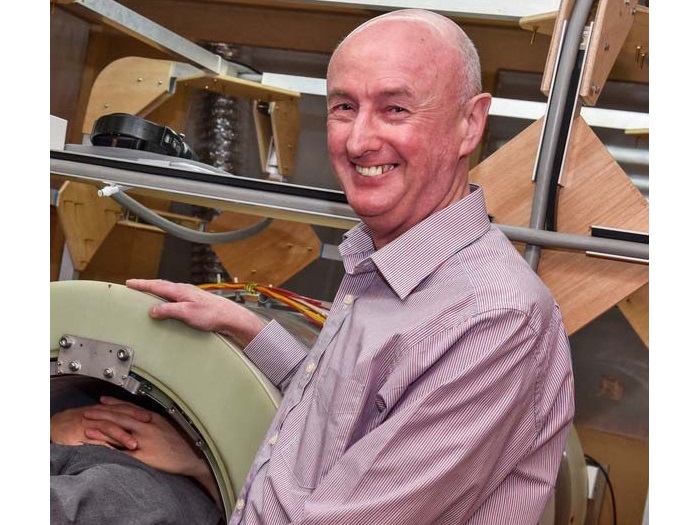New Medical Scanner Identifies Brain Damage in Stroke Patients at Lower Magnetic Fields
Posted on 13 Dec 2024
Researchers have developed a new type of medical scanner that can identify brain damage in stroke patients at lower magnetic fields than ever before.
The world’s first Field Cycling Imager (FCI), developed by a research team at the University of Aberdeen (Scotland, UK), is based on the principles of magnetic resonance imaging (MRI) but is capable of operating at ultra-low magnetic fields. This unique capability allows it to observe how diseases affect organs in ways that were previously not possible. Additionally, because the FCI is safer than current MRI scanners, it presents exciting opportunities for creating portable systems suitable for use in ambulances and other out-of-hospital environments. While traditional MRI scanners use strong magnetic fields and radio waves to generate detailed internal body images, the FCI’s design allows it to adjust the magnetic field strength during the scan.

The FCI can operate with magnetic fields as low as those of a refrigerator magnet while still producing high-quality images. The ability to vary the magnetic field makes the FCI similar to having multiple scanners in one, extracting more diverse and detailed information than traditional MRI systems. A study published in the journal Radiology shows that the stroke area resulting from a blocked blood vessel in the brain generates a consistently different signal from a normal brain at very low magnetic field strengths – a factor of 10,000 lower compared to traditional MRI and 100 times lower than other low field systems. The researchers are now planning the continuation of the study on stroke using the next design iteration of their field-cycling technology to bring its benefits to patients and health services worldwide.
“Our initial findings are very exciting, as they reflect the first step to producing a device that would be safe and small enough to put in an ambulance so that stroke patients can have a diagnosis and start treatment before they reach hospital,” said Professor Mary Joan MacLeod, Professor of Stroke Medicine. “We have also shown that the new scanner can also identify bleeds in the brain, and changes in the small blood vessels which might lead to dementia. We know that there are lots of other exciting potential applications for this technology in areas such as cancer and bone disease.”














